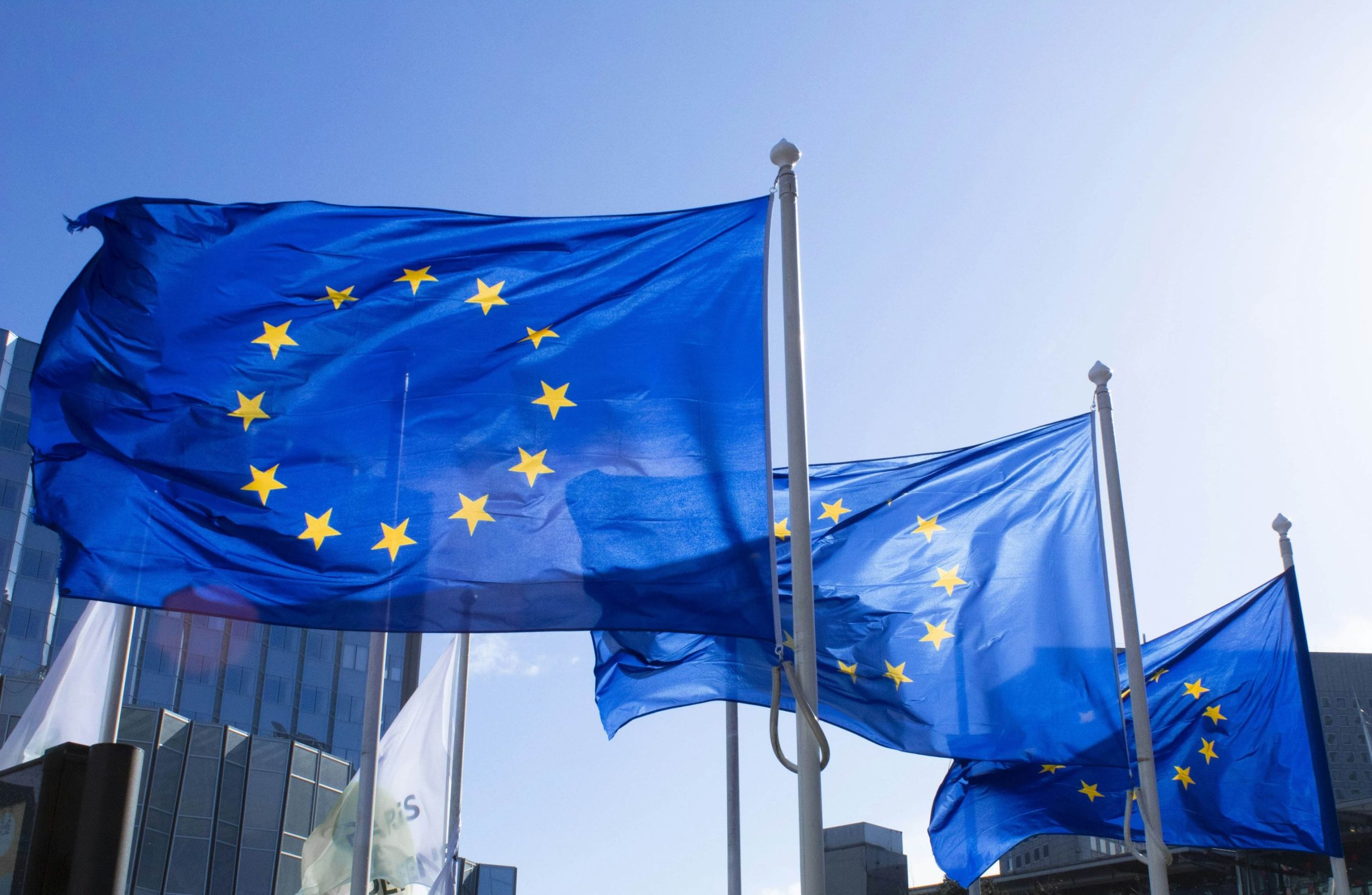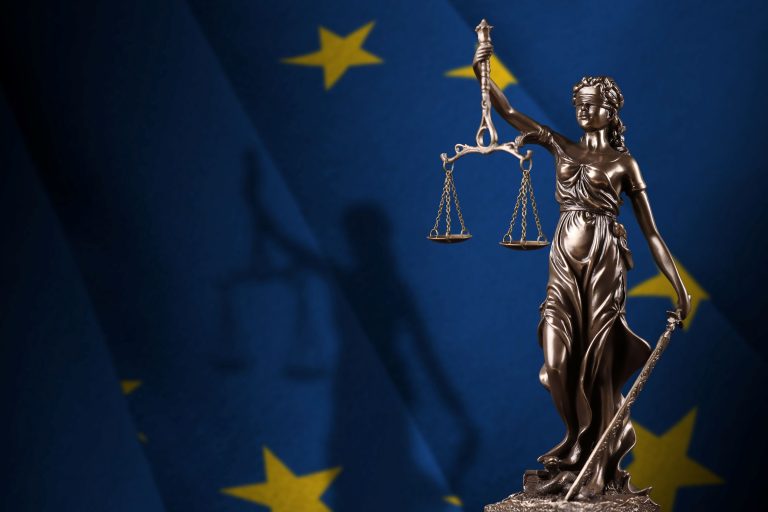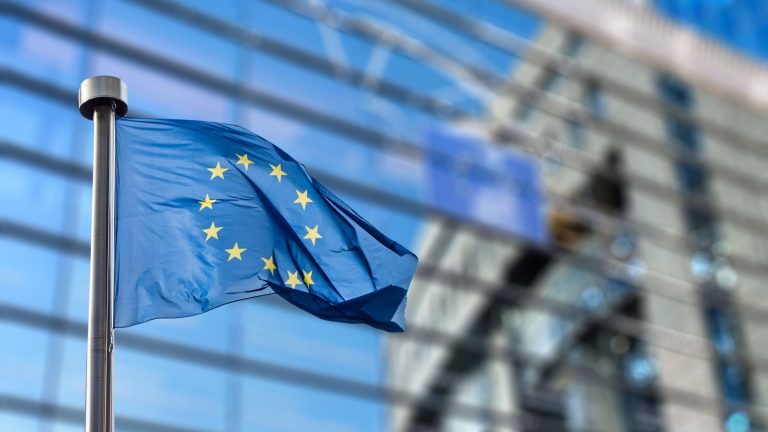The team has dealt with over 100 cases before the EU Courts in Luxembourg and the European Court of Human Rights in Strasbourg, and regularly interacts with EU institutions, bodies and agencies on a wide range of EU law related topics.
Our specialised EU litigators support clients in different types of proceedings
Proceedings before the EU Courts
The EU has two different courts and we represent clients such as governments and public and private companies in proceedings before both of them.
The General Court (GC)
The GC is the lower EU court and handles most cases in first instance, including:
- direct actions for the annulment of decisions or regulatory acts of EU institutions, bodies and agencies, e.g. European Commission decisions on the following: notifications of mergers, acquisitions or foreign subsidies, State aid measures or State aid complaints, the imposition of cartel fines, and the award or recovery of EU subsidies. It also deals with decisions and acts on the authorisation or prohibition of chemicals, biocidal products, medicines, food products and additives, et cetera;
- interventions in direct actions on behalf of third parties, such as companies and non-governmental organisations;
- actions for damages based on the contractual or non-contractual liability of EU institutions, bodies and agencies; and
- direct actions for a failure to act by an EU institution, body or agency.
The European Court of Justice (ECJ)
The ECJ is the highest court in the EU and handles appeals of GC judgments as well as other cases such as:
- Requests for a preliminary ruling, where national courts refer a question on the interpretation of EU law or on the validity of actions of EU institutions to the ECJ. The ECJ transfers jurisdiction to give a preliminary ruling to the GC if the request exclusively concerns one or more pre-defined policy areas such as the common system of value added tax, the Customs Code, and the system for greenhouse gas emission allowance trading.
- Direct actions brought by a Member State against an act of, or a failure to act by, one or more EU institutions.
- Direct actions brought by EU institutions for a failure to fulfil obligations by a Member State.
Engaging with EU institutions
We support clients in informal discussions and engagements with EU institutions and agencies, for example pre-notification discussions relating to a merger, acquisition, foreign subsidy or State aid measure, and applications for EU subsidies, product registrations or authorisations for chemicals, biocides, pesticides, novel foods and additives. We also assist clients in providing input in public consultations, lodging complaints, responding to requests for information, and exercising rights of defence in administrative and investigatory proceedings.
EU law expertise in national proceedings
National courts must ensure the correct application of EU law, including the interpretation of national law in accordance with EU law or the setting aside of national provisions that are incompatible with EU law. Our EU law specialists regularly assist litigators in national proceedings in challenging the compatibility of national law or decisions of national authorities with EU law.
European Court of Human Rights
If a fundamental rights violation has been argued in national proceedings and the highest court has rejected the claims, an application can be made to the European Court of Human Rights in Strasbourg. Third parties, such as non-governmental organisations, can intervene in proceedings before this court. Our EU Litigation Team is well placed to represent clients in these proceedings.











